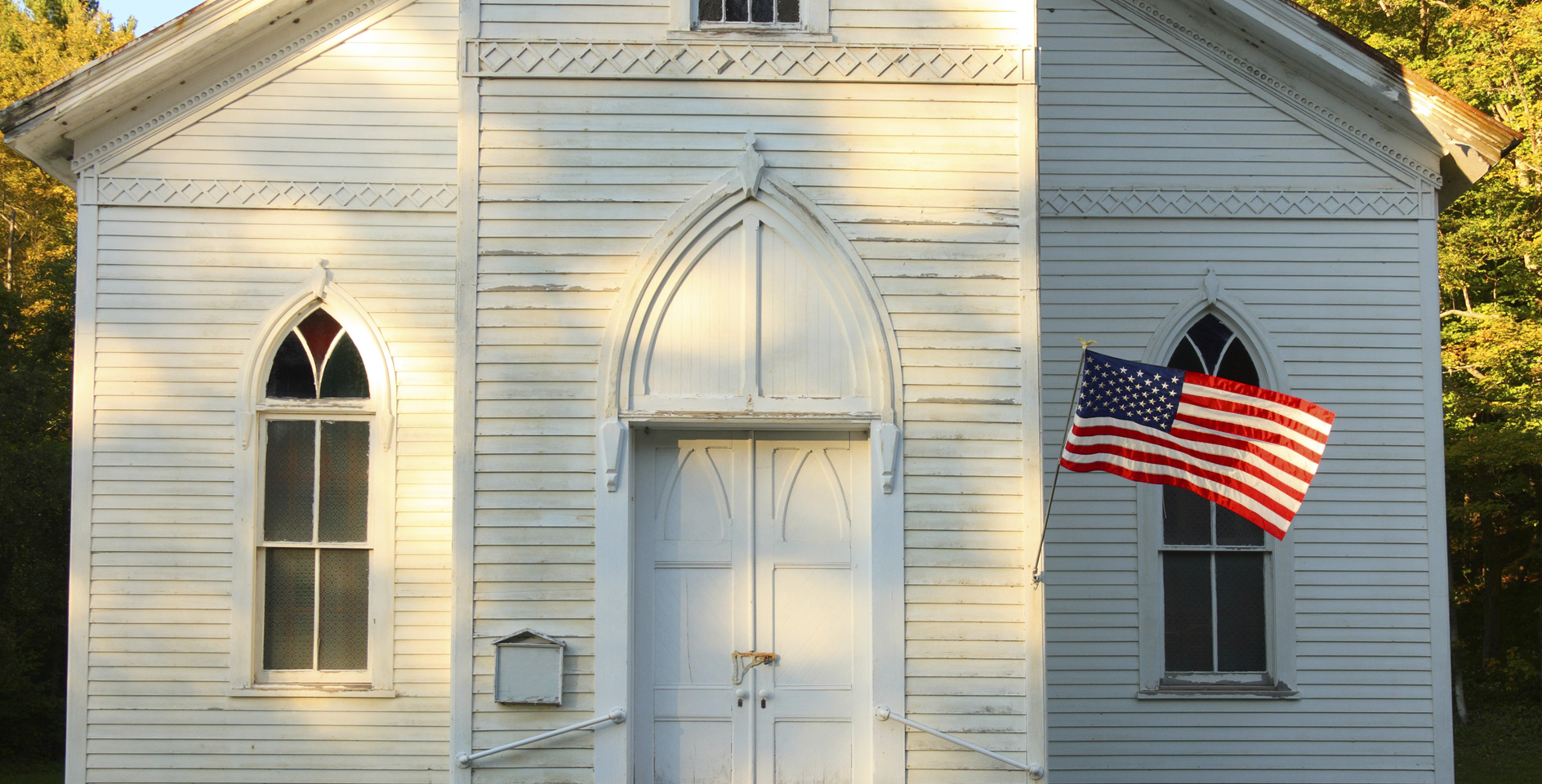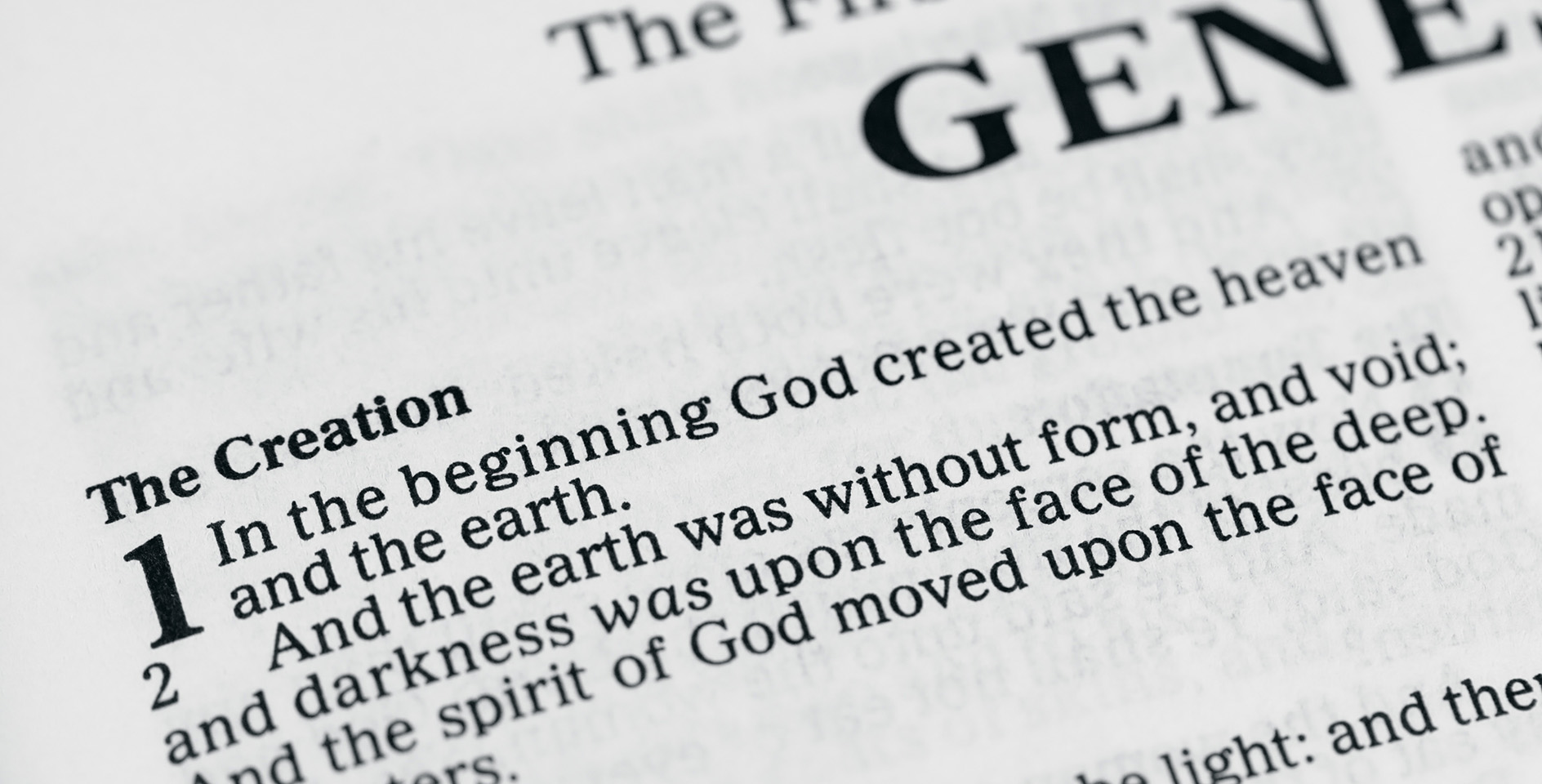Editor’s Note: Canon & Culture is beginning 2015 with a Symposium on Statecraft and political theology featuring six essays from Research Fellows of the ERLC’s Research Institute.
Introduction
I have been asked to take part in this symposium on politics and statecraft by giving some thought to the question “using your political imagination, what would an ideal polity look like from a Christian perspective?” I have to confess, politics is not my area of specialization, especially if by “polity” we mean discussing the particular functions and inner-workings of governmental structures. If on the other hand, we mean by “polity” the foundational ideas behind why we need government and the end purposes of government, then my wheels churn with delight. Thus, in this brief essay my thoughts and imaginations will run in that direction.
My hope is that by exploring a few key Biblical texts that I believe should shape our “political imagination”, we can gain some perspective not only on the foundation and purposes of government, but in so doing perhaps we can also highlight some points of emphasis a government ought always to keep central.
The working premise of this essay is this: The foundation of government is the very nature of God. Government is not merely something God wills for His creation; rather it is a reflection of His own perfection. As such, government is a gift of God that reflects his very nature and it is meant to order and guide humans (both individually and corporately) and the entire created realm into a flourishing existence that maximizes the glory of God.
In order to pursue this idea I will discuss the nature of government through a fourfold paradigm of creation, fall, redemption and restoration.
Creation: Government in a Pre-Fall World – (2 Key Points)
Government is not a result of the Fall
A common misconception I run into when teaching beginning ethics and philosophy students is that government is a product of necessity that emerges in a fallen world. Perhaps this is because public education in the United States emphasizes the enlightenment social contract theories of Hobbes, Locke and Rousseau. But when one considers the creation passages throughout the Scriptures one realizes that government existed prior to the creation of the cosmos in the person of God himself and was clearly present in the Garden of Eden prior to the Fall.
Indeed, it is a core Christian doctrine that the God of the universe eternally pre-exists as one God in three persons who express their relation with each other in perfect harmony or “self-governance.” From this perfect self-governing nature of God, the holy Trinity spills forth the created order in all of its glorious splendor. Far from a chaotic mass of floating atoms randomly coalescing into chance forms, the universe displays God’s glory as He governs the constellations, stars and planets in their heavenly courses (Ps. 19:1, Job 38).
And of course, not only does God govern the heavens, the opening two chapters of the Bible also indicate that government was present in the Garden of Eden prior to the fall. In Genesis 2:15 the Scriptures indicate that God placed Adam in the garden and gave him a specific function to cultivate and keep the garden. As part of his benevolent governing, God gave commandments to Adam. God told Adam that from any tree in the garden he may freely eat but from the tree of the knowledge of good and evil Adam should not eat. In other words, a rule of law existed in the Garden. Similarly, in Genesis 1:26 we read that God created mankind in his image and then put Adam and Eve in a ruling position over the fish of the sea, birds of the sky and over all the creatures on the earth. Further, in Genesis 1:28 we see that God commissioned the first humans to “rule” and “subdue” the created order as God’s loving stewards ruling in His name.
One might stop at this point and ask, “If the world God created was without sin, why did non-fallen human beings need government?” One of the clearest answers is that finite creatures are not ends in themselves. They are not self-created and thus they do not determine their own purpose or telos. They derive their purpose and telos from their creator. And for this reason God offered government to them as a form of guidance by which they could:
Have and enjoy life to its fullest measure in line with the manner in which he designed them;
Experience liberty in line with their created nature and the fabric of the universe;
Flourish in an ever increasing happiness as they pursue the end for which they were created.
And of course, as we learn from the Scriptures, humans exist to bring God glory in everything that they do (Col. 3:17, I Cor. 10:31).
In other words, prior to the fall, all creatures, because they are creatures, still needed to be pointed in the right direction and guided in the pursuit of their highest end. God gave non-fallen human beings a spiritual and moral compass that would point them toward their “true north” for flourishing and the blessed shalom God built them for.
By way of application, then, we can see that a fundamental point of emphasis for any type of polis, would be a proper understanding how rule of law aligns with perfect freedom. And by “freedom” we must not think of some anemic, self-absorbed version of personal liberty that seeks a minimization of accountability. Rather, an ideal polity recognizes any and all laws ultimately should seek to align persons with the created purposes of God. An ideal government would function under laws that are clearly in line with the created nature of both persons and the universe because such laws would also be in line with the purposes of the One who created persons and the universe. Freedom is not autonomy in which humans create their own laws of self-determination, but discovery of the purposes of human existence and laws that govern the proper freedom of movement toward that purposes for which they were created.
Human Purpose: Worship and Fill the Earth with Worship
Another question that seems to arise from the creation account is, “Why were humans placed in a position of governing authority over the rest of the creation order?” God placed humans in a role of authority over the rest of the creation order because God created humans uniquely in His image. And as His image bearers they were meant to be His representatives towards the rest of the created order, as well as representatives of the created order back to God. In other words, they were given a role of headship over the creation to represent God to the rest of the created order, yet they were also embedded in the creation order so that they could represent the creation order and lead it in giving worship back to God.
From this position of “embedded headship” Adam and Ever were instructed to be fruitful and multiply and fill the earth and subdue it and rule over it. God put them in this position so that the entirety of the creation order would not only be filled with the glory of God through their governance of it, but as they lovingly subdued it, the glory of God would be maximized throughout the entire created order. In other words, God placed government in the garden and gave humans an embedded headship so that as His special agents they could govern the created order so that the whole world would be filled with his glory as the waters cover the sea (Habakkuk 2:14).
Again, by way of application, we can see that an ideal form of government would enact law and policy that would seek primarily to accomplish God’s “Genesis Great Commission” in which the entire created order renders unto God the maximum amount of worship and glory that it is possible for a finite world to offer its Creator.
Fall: Government in Fallen World
The “Embedded Head” has Fallen
Given these lofty ideas relating to the foundation and purpose of government in mind, clearly the fall of Adam and Eve into sin is nothing short of tragic.
The devastating personal, social and cosmic implications of this choice cannot be overstated. Through their sin they broke their rightly ordered relationship with God. As a result they became spiritually dead, separated from their maker, and destined for an eternity apart from his loving presence. In addition, the entire society and all of its institutions and structures would inevitably marred and distorted by sin. Indeed, all of creation now groans in anticipation of a renewal that can only come at the hand of God Himself (Rom. 8:22).
One of the key elements to emphasize regarding how sin affects human systems of polity is the blinding that happens in relation to humans knowing their purpose for existence and their ultimate end. They are no longer able to discover “true north.” Consider the following passages:
Romans 1:18-23 tells us that although humans were created to know and be rightly related to God and proper knowledge of God is evident “within” us, as a people we “suppress the truth in unrighteousness” and we are left without excuse.
Eph. 4:17-19 tells us that in our sin we have become futile in our minds and “darkened in our understanding”
I Cor. 2:14 tells us that sinful humans in this natural state cannot understand the things of God and
thus His wisdom is no longer considered accepted among the lost.
The Limitations of Fallen Government
These negative epistemic effects of the Fall play a major role in the extent to which secular government can provide guidance and hope for humankind. Because of our sin, even the best forms human government can only approximate the justice and virtue of God. And separated from the clear orientation to “true north” even the best of human efforts to self-govern will only achieve what Augustine described as “splendid vices” (City of God ,19). At worst our sinful depravity relegates us to Hobbesian contexts in which all humans exist in a state of nature in which we are all at war with each other resulting in lives best characterized as “solitary, poor, nasty, brutish and short” (Hobbes, Leviathanchpts. 13-14).
One of the saddest implications of this in the context of post-enlightenment Western society (and certainly modern U.S. culture) has been the shift from a “Golden Rule” ethic focused on love of God and neighbor, to the far inferior and anemic “Silver Rule” ethos that emphasizes personal autonomy and rights. While in a fallen world it may not be wise to expect more, certainly we can rightly conclude that when a government focuses on the rights of the people to not be harmed instead of the duty to actively do good to our neighbor, we can be sure that the intended foundations of government have seriously eroded. And thus, by way of application, we can assert that an ideal polis would emphasize not “personal rights” but “personal and communal duties” of neighbor love.
III. Redemption: Jesus as Immanuel
Embedded Headship Restored
In spite of the bad news that relates to the fall of human beings and the effect of the fall on the ability of humans to govern themselves, it is through the gospel of Jesus Christ that human beings can still have hope. For a while the first Adam sinned and chose self-government apart from the authority of God, it is through the Second Adam (Jesus Christ) that hope for proper government is fully inaugurated and finally anticipated. When the Second Person of the Trinity took on human flesh through the incarnation He restored hope by becoming the “embedded head” and sinless mediator who represents God to mankind and represents of all mankind before God.
Through the penal substitutionary atonement of Jesus Christ human beings can once again be properly aligned to “true north.” By his life, death, resurrection, and ascension Christ once again makes it possible for humans to experience:
Abundant life (John 10:10).
True liberty (John 8:36).
Happiness and flourishing as they pursue their final end for which they were created (Gal. 5:1).
Thus, through faith in Christ and by the filling of the Holy Spirit, humans now once again have a real basis for life, liberty and the pursuit of happiness.
Role of Government in the Now and Not Yet
And it is at this point that the question of government becomes very interesting indeed. Because while the gospel of Jesus Christ does open up hope for humanity, not all humans place their faith in Christ and followers of Christ still live in a fallen world. Thus, the lingering effects of sin still affect (and infect) both persons and the social structures we build. And thus while the kingdom of God has been inaugurated in Christ, we currently live in a time of now and not yet where we anticipate the final rule and reign of Christ. One might say we are living “between the times.”
In this time of the now and the not yet, Christians are called to be salt and light in an otherwise dark world (Matt 5). That is, by their presence they function as a preservative on the moral standing of culture and by their words and deeds they proclaim the hope of the Gospel. But as such, Christians also abide as engaged “resident aliens” (I Peter 2:11) who honor their country and their governing authorities, but who recognize their loyalty to country is transcended by a more important authority; God himself. By way of application, Christians should be the very best of citizens in any country that they reside. But they must also recognize that no matter where or when they live, for them the Christian flag always flies higher than the flag of their home country. Always.
But what about an ideal polis in this time of now and not yet? Thankfully Romans 13 sheds some light on how an ideal government ought to understand itself and its role.
In particular Romans 13:4 describes government as a “minister” of God two times and repeats this description of government as a “minister” again in Romans 13:6. The actual Greek word translated as “minister” is the word diakonos, or “deacon”. That is, Paul is indicated that the Government of any country, in any time period, is supposed to serve as a “Deacon of God” to the people. In other words, in an ideal world, government and governing authorities are tasked to take on a role of mediation between God and the people. Again, this is a form of “embedded headship” God has placed in the created order for the proper shepherding of the creation order. Ideally, then it is the purpose of government is to serve the people in the name of God and not only restrain and avenge evil, but enable people in their proper response back to God. Obviously fallen humans and fallen governmental structures will fail at this. But this is the ideal: government was created by God to serve people toward the end of the entire cosmos properly worshipping Himself.
Restoration:
Truly, this discussion sheds light on why the prophet Isaiah (9:6) indicates that the government must ultimately rest on the shoulders of the Messiah! Only on Christ’s shoulders will government rightly order all things to the glory of God.
The great news for all believers in Jesus Christ, is that we will not always abide in a “time between the times.” We will not always live in the now and not yet. There will come a day when Christ will return and all our imaginations about what the “ideal polity” looks like will be so utterly transcended that our best speculations will appear childishly simply by comparison.
Someday all governing and all authority will find is perfect consummation in the person of Jesus Christ. Someday, the final and perfect expression of government will be experienced by all aspects of the created order. As Scripture promises there will come a day when every tear will be wiped away, every injustice will be rectified, every wrong will be righted, and the “true north” for all creation will be finally established.
And in that day it will finally be clear to all people, indeed to the whole created order, that what was true in the beginning will be true forever more. All will finally understand that government flows out of the glory of God and is meant to lead all of creation back to the glory of God. That God created humans in such a way so to have life, liberty and happiness as they pursue the end for which they were created. And that all can rest assured that the increase to the perfect government of Jesus Christ will have no end.
And in that day, and in that knowledge, every knee will bow and every tongue will confess that Jesus Christ is Lord to the glory of God the Father.
For that day the Christian hopes and waits in joyful anticipation this day. Maranatha! Come, Lord Jesus.
The view expressed in this commentary belongs solely to the author and is not necessarily the view of the ERLC.










